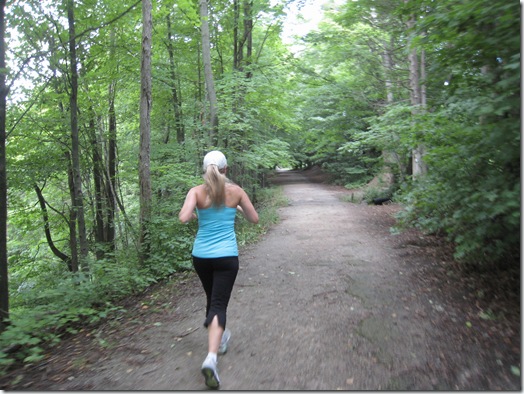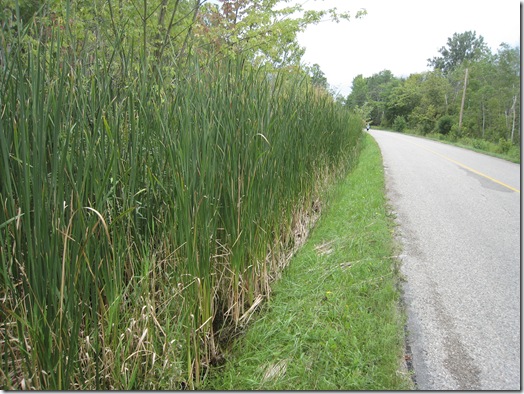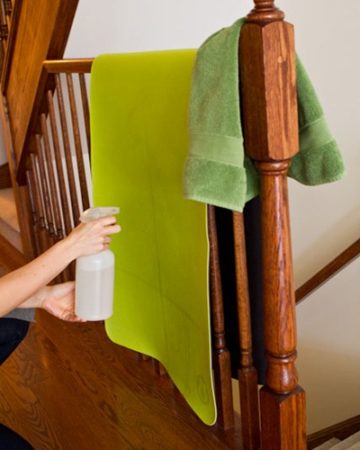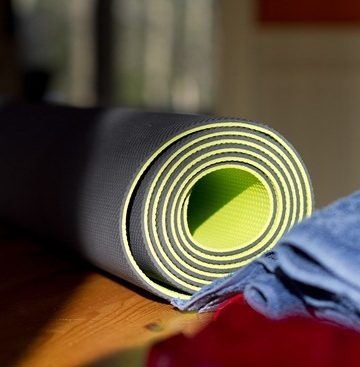
For whatever reason, I always approached running with the mindset that walking equaled giving up. As soon as I could run continuously for x amount of miles, I decided there was no reason to stop and walk. This mindset didn’t start to change until I participated in my first two races.
During the races, I would pass by some runners who had stopped to walk. I remember thinking to myself that something must be wrong (injury??) or they had lost their steam. Well, was I ever surprised to see them blow right by me once they started running again! I started to wonder if walking breaks could help my own performance.
Recently, I started to look into the Galloway Method. Jeff Galloway is a former Olympian and has coached over 200,000 runners and walkers to improve their running performance.
The Galloway Method is based on the premise that regular walking breaks improve your performance.
Jeff says, “Most runners will record significantly faster times when they take walk breaks because they don’t slow down at the end of a long run.”
How does it work?
Walk breaks work because walking and running distributes the workload among a variety of muscles, rather than placing all the workload on the running muscles entirely.
He says, “Walk breaks will significantly speed up recovery because there is less damage to repair. The early walk breaks erase fatigue, and the later walk breaks will reduce or eliminate overuse muscle breakdown.”

When to take walk breaks?
Walk breaks will give you the most benefit during your long runs and he says that you may not need to take walk breaks during shorter runs (of course, depending upon your level). To receive the most benefit, you must take walk breaks before you even start to feel fatigued. He suggests taking your first walk break during the first mile.
Run-walk-run ratio should correspond to the training pace used:
8 min/mi—run 4 min/walk 35 seconds
9 min/mi— 4 min run-1 min walk
10 min/mi—-3:1
11 min/mi—2:30-1
12 min/mi—-2:1
13 min/mi—-1:1
14 min/mi—30 sec run/30 sec walk
15 min/mi—30 sec/45 sec
16 min/mi—30 sec/60 sec
For beginners, the 30 seconds of running with 60 seconds of walking might be a great place to start and then build your way up.
On my previous long runs, I typically run around a 9:30 min/mile pace, so my walk/run would look something like this:
- 3:30 min. of running
- 1 minute walk
- 3:30 min. of running
- 1 minute walk
- etc
Coming from someone who never used to take walk breaks, this seems like it will be a hard challenge for me to do. Personally, I think I may adapt better to the Running Room’s 10:1 program.
My initial findings with walk breaks
Over the past week, I have been experimenting a bit with walking breaks. I haven’t started to follow any set method because I just wanted to get a feel for it and see if I could notice any changes to my overall time/pace.
On Wednesday, I ran a hilly 8 miles with an average pace of 9:43 min/mile. I took about 7 quick walk breaks (approx. 45 sec.) during the run.
Then yesterday I ran 7.25 miles (same hilly route) with hubby (on bike) and I took just 1 walk break (after murder hill). My average pace for the run was 9:54 min/mile. Which is even more surprising because 1) I had water and was hydrated (on Eric’s bike), 2) It was cooler/cloudy, and 3) The run was shorter.
It appears that Wednesday’s run, even with lots of walk breaks, seemed to improve my overall pace.
I am going to experiment some more with walking breaks and continue to monitor if my overall pace improves. It seems counterintuitive that walking could improve pace, but I have heard from a few people that they actually run much faster when they give their body a break.
Jeff offers this advice on figuring out the proper amount of walking:
“Don’t get too rigidly locked into a specific ratio of walk breaks, adjust as needed. Even if you run the same distance every day, you’ll find that you’ll need to vary the walk break frequency to adjust for speed, hills, heat, humidity, time off from training, etc. If you anticipate that your run will be more difficult or will produce a longer recovery, take more frequent walk breaks (or longer walks) and you may be surprised at how quickly you recover.”
How do you approach running? Do you like to take walking breaks? Or do you prefer to just run as long as you can without stopping? Have you ever changed up the way you run and how did it affect your performance?

Try a thing you haven’t done three times. Once, to get over the fear of doing it. Twice, to learn how to do it. And a third time, to figure out whether you like it or not.
—Virgil Garnett Thomson





I know this is an old thread but wanted to put my 2cents worth in. I am a runner who is getting ready for my first half marathon. I am a 58yo woman. :) I use walk breaks per the Galloway training method. I have found just what you have…my overall times are faster with walk breaks. They just are. However, I am still defensive about walk breaks and hate getting into discussions with people(men) about taking walk breaks. I use them and think of them as sets/reps as you would in the gym lifting weights. Some days I do 9:1, some days, when I’m taking on a new distance, I will use 4:1. If I’m having some pain or just a bad attitude, I might do a lower ratio just to get myself out the door. As far as being defensive about this, I need to learn to run my own race and not worry about anyone else. Jeff Galloway ran a marathon after recovering from a hip fracture by running 1:1, That’s right….26 miles, walking 1 minute and running 1 minute til he crossed the finish line. Hats off.
Great post! I know I’m a few years late, but I’ve been utilizing walk breaks this whole summer. I live in Alabama and it has been extremely hot and humid. Walk breaks have worked well for me and have been very necessary. I’m going to try this method on my next race and probably incorporate it into my next half-marathon to see how it goes!
I find taking small walking breaks, actually increased my over all pace. 12:1 is my usual ratio. I might go a little beyond that if I am feeling good.
The most important thing is to do what your a comfortable with. When I am in a race, I try to ignore all the other runners. I have my music and running application, and I an more less competing against myself. 30min for 5k and 65-68min for a 10k is about my average.
I have seen so many beginner runners injure themselves trying to match other runners. Go at your own pace !
Hi Angela,
I like your article and seems still relevant today. I have gotten into running the past couple years, and have completed a marathon with the Galloway run/walk method. Are you still running? If so, how is it going? I would like input from other people as well.
Thanks
This is an old article but I really want to try this method out. I am a runner and I love running but I have this nasty little thing called exercise-induced asthma that tends to get in the way at certain speeds/temperatures/humidity percentages/distances. The need to walk so my asthma symptoms can calm down and I can breathe does not make me any less of a runner than someone who doesn’t need to stop. I go with the quote “If you run you are a runner”.
I first found this method from another girl with EIA who used it to run a half-marathon and it worked very well for her (and she did it in Florida heat and humidity). I put it out of my mind for a while but now that I’ll be at a 10k distance next week according to my training plan I want to try it out and see if it makes me feel better. I want to do a half SO badly and I really hope this can help me make the most of my training!
I don’t really think about the intervals so much when I run… I’m hard on/off the pavement on myself. I try really hard not to stop but I have been mixing up my runs with walking lately; and it makes so much more sense. I feel the extra energy kicking in on a 3:1 run… I go 9:05 mph for the first mile, and 1-min water-walk at a 12-mph pace… Yes, I’m one of those who thinks this is going to slow me down, but it actually helps with regrouping and getting your body ready for the next 20+. This is also good for stretching and shaking out the legs… The next 6 comes non-stop at 9:45-mph and then a 1-min water-walk again. There are times when I will even kick in a 50 Sprint-Interval or two. This is a make up and cure for the walking break. Remember, running is mental; and if you get your mind right your body will do the rest.This really works for me…
My next; 26.2 #SpaceCoast2015
HappyRunning
Jahz